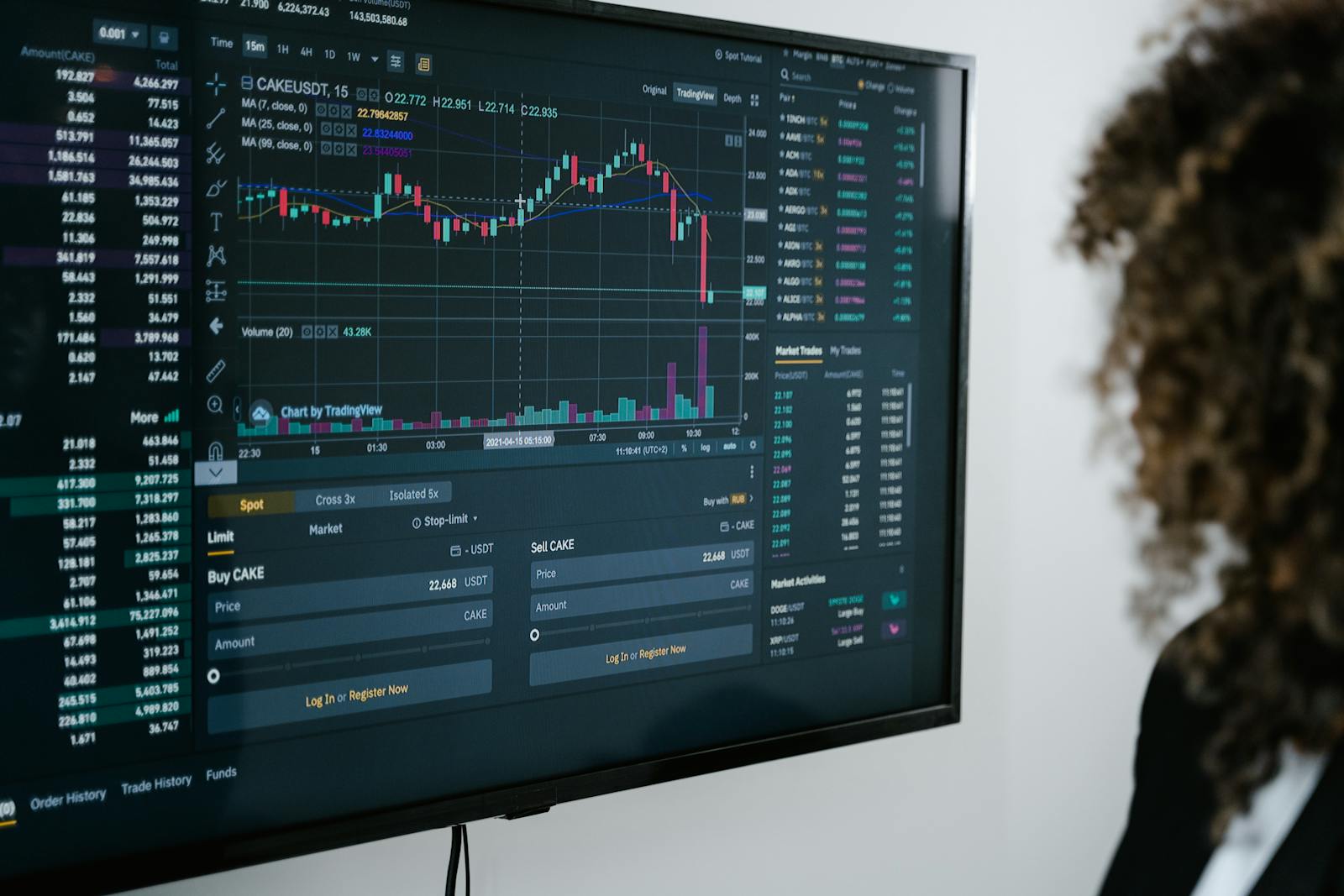
The digital currency market experienced an exponential growth in recent years, with a market capitalization of more than $3 billion by November 2021.
However, the crypto industry is not showing any signs of slowing down, as a new and exciting sector is emerging that could potentially revolutionize the landscape.
How the Real World Asset Sector Can Shake things Up
The Real World Asset sector is the latest game changer in the world of crypto. According to industry experts at BitTribute, this new sector has the potential to propel the crypto market into the mainstream by 2030.
These predictions are based on the increasing demand for decentralized finance and the adoption of blockchain technology across different sectors.
The RWA sector is particularly exciting because it allows real-world assets, such as property or stocks, to be tokenized and traded on a blockchain.
This provides a level of transparency and accessibility that was previously impossible, making it an attractive proposition.
If the predictions are correct, the RWA sector could become a game-changer for the crypto industry, pushing it to new heights of success and widespread adoption.
This innovative approach to asset ownership has the potential to revolutionize traditional financial systems by providing greater transparency and security.
Tokenization also enables fractional ownership, making it easier for investors to buy and sell smaller portions of high-value assets that would otherwise be out of reach.
Moreover, tokenization eliminates the need for intermediaries, such as banks and brokers, thereby reducing transaction fees and increasing the speed of transactions.
This feature is particularly advantageous for cross-border transactions, which can be costly and time-consuming due to different regulatory requirements and currencies.
The real-world asset sector is still in its early stages, but it has already attracted a significant amount of attention. The potential benefits of tokenization are clear, and there could be a significant increase in the real-world assets being tokenized in the coming years.
However, it is worth noting that tokenization does not come without its challenges. Regulators are still grappling with how to regulate tokenized assets, and there are concerns about the potential for fraud and market manipulation.
Nevertheless, as the industry matures, it is likely that these issues will be addressed, and the real-world asset sector will continue to develop into a major force in the world of finance.
These are just a few examples of how major players in the finance and technology industries are exploring the potential of real-world asset tokenization.
Another key factor driving the growth of this sector is the increasing demand for decentralized finance solutions. DeFi allows for more accessible and transparent financial transactions, and real-world asset tokenization fits perfectly within this framework.
How De-Fi Can Play a Big Part in Changing the Crypto Sphere
With the rise of DeFi platforms, there is the potential of a corresponding rise in the tokenization of real-world assets.
Furthermore, the pandemic has accelerated the adoption of digital technologies and remote work. As a result, there is growing interest in alternative investment opportunities, such as real-world asset tokenization.
The pandemic has also highlighted the importance of supply chain transparency, which can be facilitated through blockchain-based platforms.
This success story is a testament to the growing interest in real-world asset tokenization and the potential for this technology to transform the real estate industry.
By using blockchain-based platforms to tokenize property, investors can buy and sell fractional ownership of real estate, making it more accessible and affordable for a wider range of individuals.
As the real-world asset sector continues to grow and mature, it would be fair to expect a wide range of applications for this technology, from supply chain management to alternative forms of financing.
Final Thoughts
In conclusion, the real-world asset sector is poised for significant growth in the coming years, driven by increasing interest from major players and the acceleration of digital technologies.
As more assets are tokenized and traded on blockchain-based platforms, the financial ecosystem could become more inclusive and diverse, with new investment opportunities and greater transparency and security for all.
